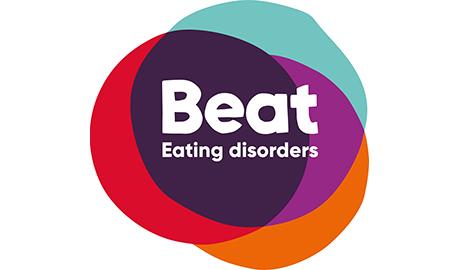Tips for Supporting Somebody with an Eating Disorder
Mental HealthIf you’re worried about someone then it’s important to encourage them to seek treatment as quickly as possible to ensure the best chance of recovery. But treatment is only one aspect of the recovery journey, and there are ways outside of your loved one’s treatment programme that you can play a vital role in helping them get better, regardless of your relationship to them.
This can range from being a listening ear, to going to the supermarket with them and supporting them after mealtimes. Each person is different and will need different things, but this will give you some ideas about what you can do to help. And remember, one of the most important things you can do for your loved one is look after yourself.
General tips for supporting someone
- Recognise that you are not to blame.
- Acknowledge to your loved one that they are not to blame.
- Recognise how distressing the illness is for your loved one.
- Educate yourself about eating disorders where you can.
- Ask your loved one how they are feeling and what they are thinking, rather than making assumptions.
- Avoid discussing weight, shape, food, and diets in front of your loved one, and model a balanced relationship with your own food and exercise.
- Remind yourself that things can change and reassure your loved one that recovery is possible.
- Ask your loved one what you can do to help – for example, helping them to stick to regular eating, putting in boundaries following mealtimes, having a space to talk about how they are feeling. Your loved one may respond that you can just “leave them alone” or that you can’t do anything to help, so here it can be helpful to remind them you can hear their distress and how difficult things are, and you are there if they need you.
- Recognise any ‘accommodating or enabling behaviours’ – behaviours that you do to help reduce your loved one’s distress from the eating disorder, for example, cleaning up vomit or cooking different meals for them, but that collude with the disorder and cover up the negative consequences of the behaviours.
For more tips on socialising, difficult situations & language surrounding eating disorder, click here.























































